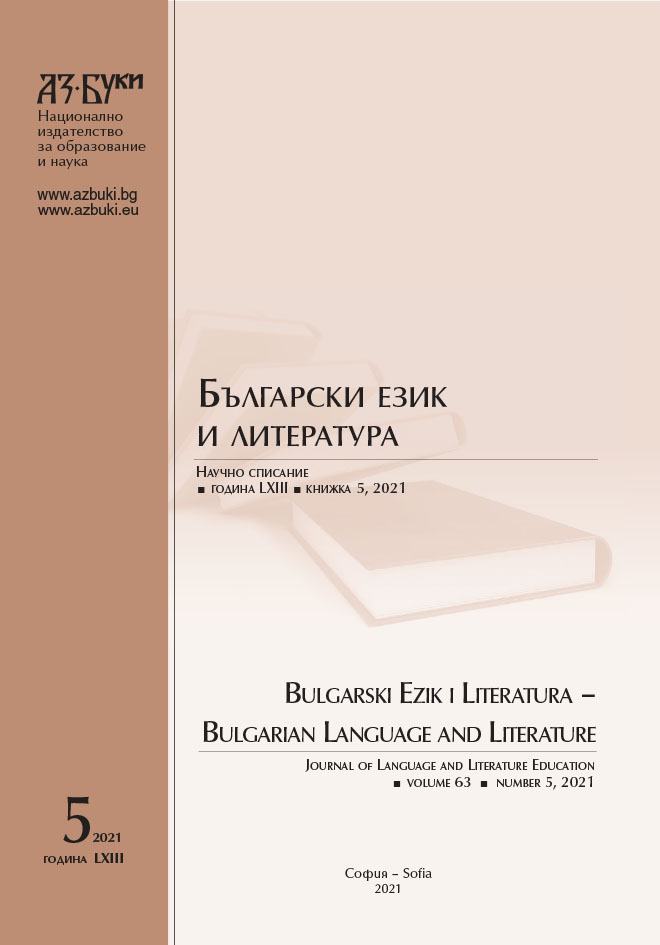Нови същински и несъщински фразеологични изрази в българския медиен дискурс
New Real and Non-real Phraseological Expressions in the Bulgarian Media Discourse
Author(s): Teodora IlievaSubject(s): Social Sciences, Language studies, Language and Literature Studies, Education, Applied Linguistics, Cognitive linguistics, Eastern Slavic Languages, Vocational Education, Adult Education, State/Government and Education, Philology, Stylistics, Distance learning / e-learning
Published by: Национално издателство за образование и наука „Аз-буки“
Keywords: new phrasemes; phraseological motivations; semantic derivation; resemantisation; phraseological structure
Summary/Abstract: The prerequisites for spontaneous or premedited phraseological word formation are both cultural and geopolitical, ethnopsychological, socio-economic, contextual and others. Some neophraseologies acquire public usage and multiply, others freeze in the field of the occasional word formation. The main criteria for the excerpt of the phrases in the research are: the chronological one – real (full) and non-real (non-full) phraseologies are analyzed, isolated from media texts during the last 7 years; the semantic one – the semantic motivation is established, which is a result of borrowing, tracing, modification of an element of the phrase or rehabilitation of archaic word combinations; structural – mono-, bi- and polyelement forms; the thematic one – where sustainable units with different conceptual and stylistic affiliation are analyzed. The aim of the study is to differentiate the new real phraseology according to the derivational methods and ways of their emergence through metaphorization, metonymization, irony, hyperbole, substitution, etc. Each of the phrases is analyzed comprehensively according to the specified parameters.
Journal: Български език и литература
- Issue Year: 63/2021
- Issue No: 5
- Page Range: 497-511
- Page Count: 14
- Language: Bulgarian
- Content File-PDF

